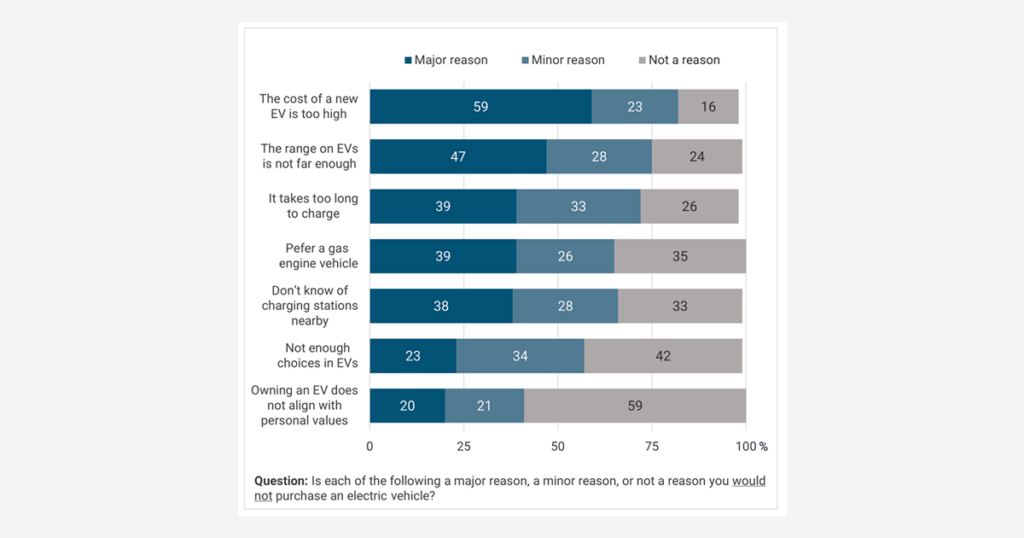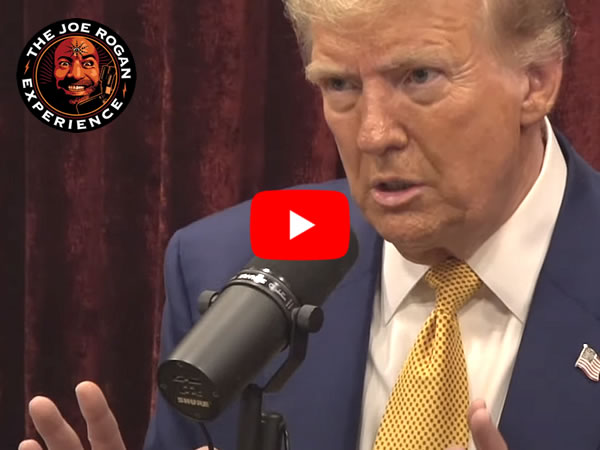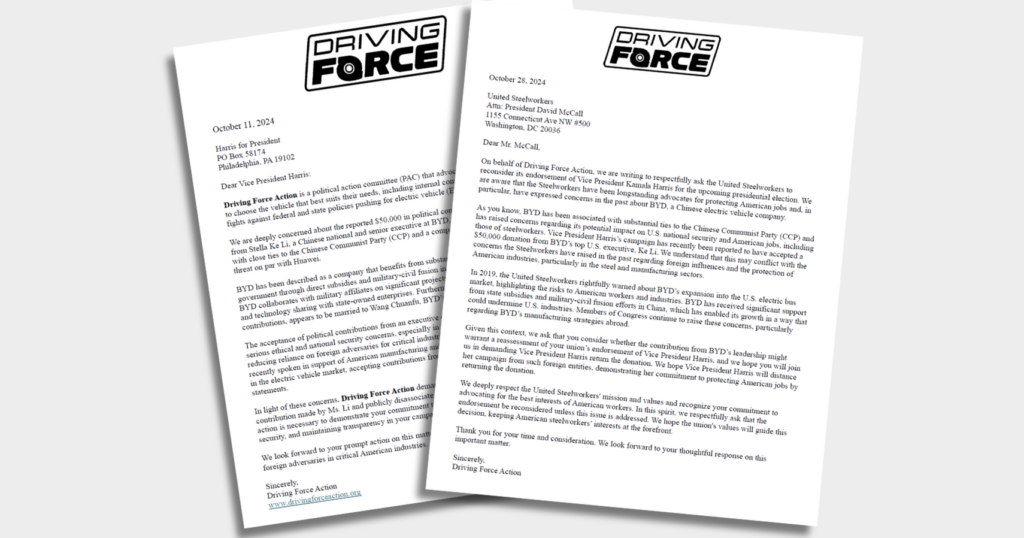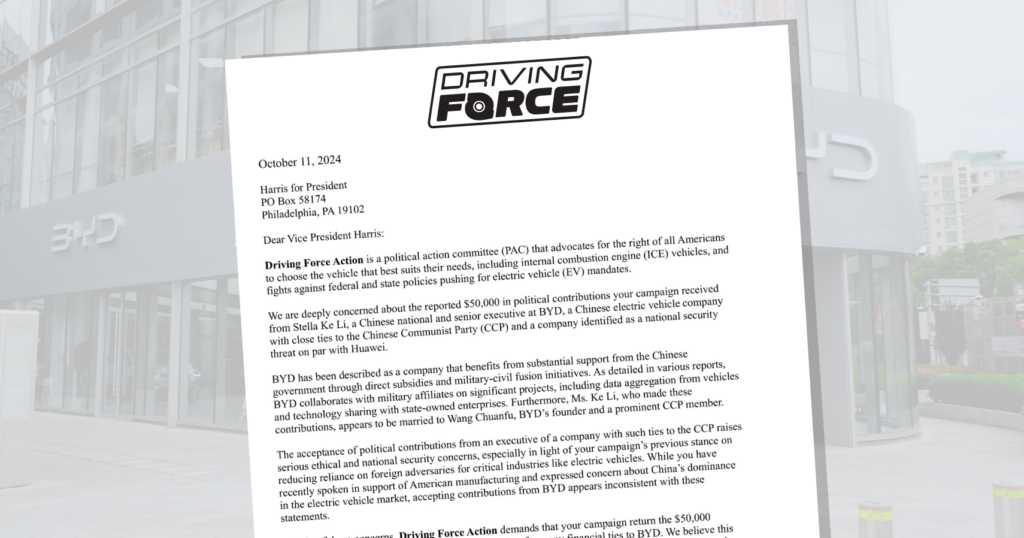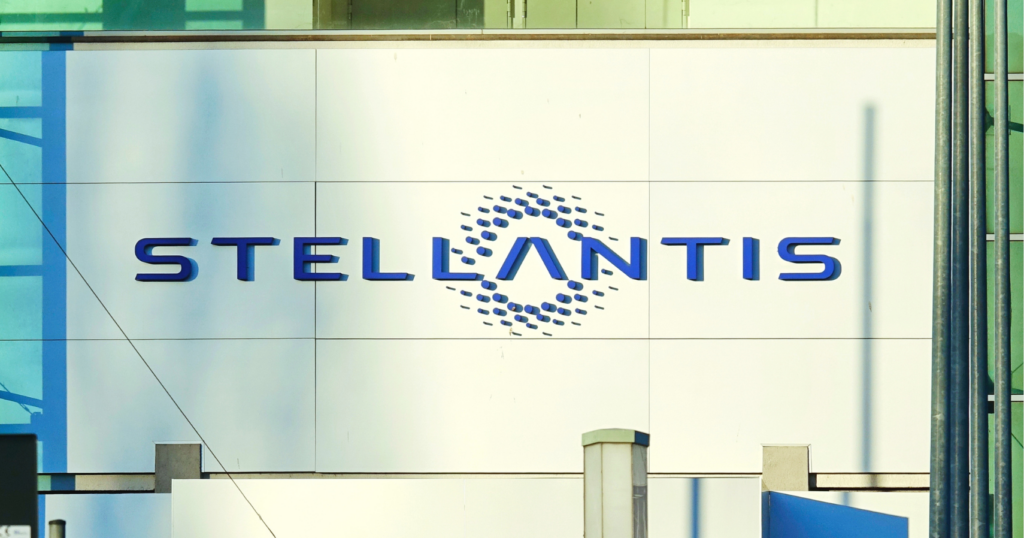A recent poll by the Associated Press and the NORC Center for Public Affairs Research, along with the Energy Policy Institute at the University of Chicago, reveals that the electric vehicle (EV) revolution in the U.S. has encountered significant resistance from consumers. Despite technological advancements, 46% of U.S. car shoppers are not inclined to buy an EV for their next purchase. The main deterrents remain the high costs and perceived impracticalities of EVs. The average price of an electric car in April 2024 was $55,242, compared to $44,989 for gas-powered vehicles, according to Kelly Blue Book. Although EV prices are declining, the current costs still exceed what many consumers consider affordable.
The poll indicates that about 40% of adults might consider an EV for their next car, but over half remain hesitant. This reluctance is partly due to the high price tags, with many buyers still shocked by costs over $50,000, especially those accustomed to older, more affordable car prices. Efforts are being made to lower prices, with some EVs starting under $50,000 and models like the Tesla Model 3 and the upcoming Kia EV3 offering competitive pricing with rebates. However, the market has yet to see sub-$30,000 EVs become commonplace, which would significantly broaden their appeal to a larger consumer base.

